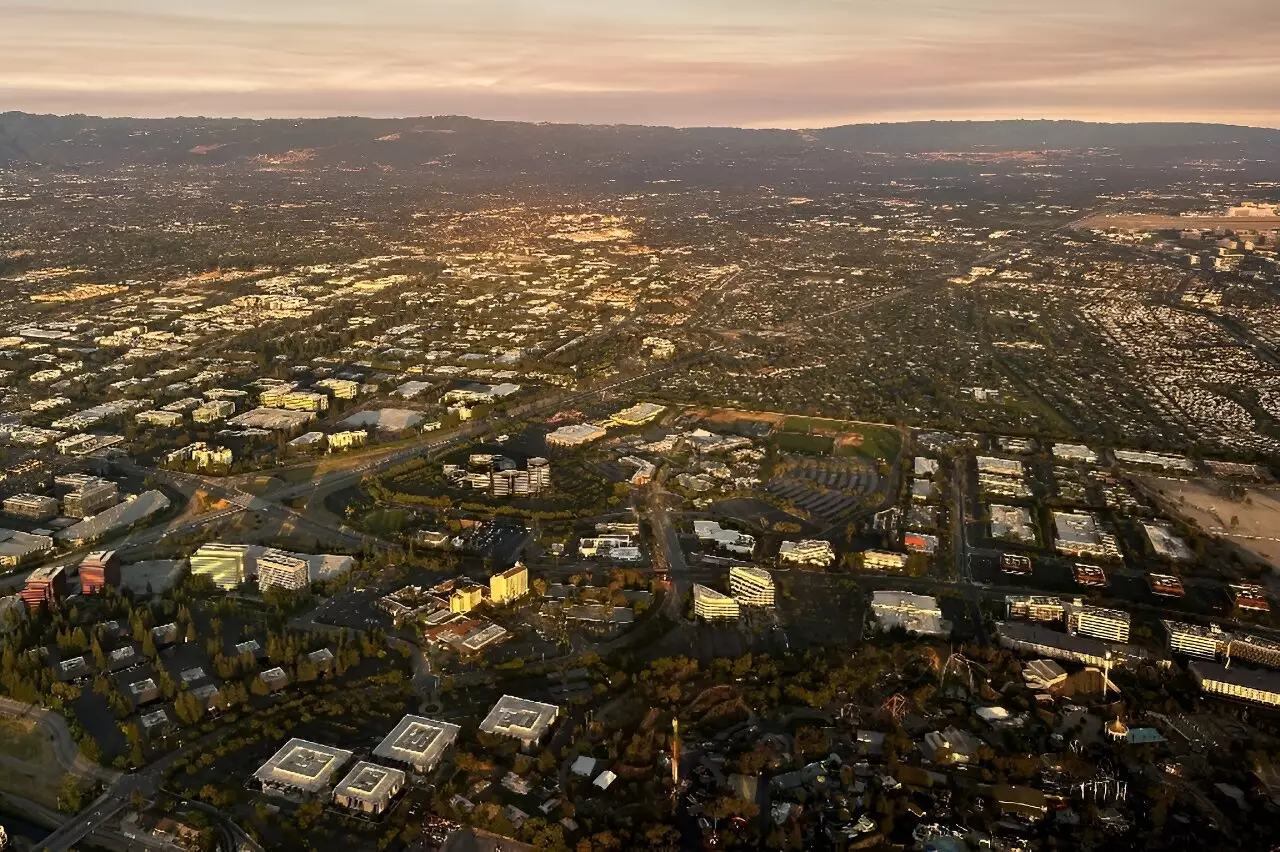Silicon Valley is currently witnessing a trend where some of the most promising startups in the generative AI space are disappearing. Companies like Inflection AI and Adept, once filled with potential, are now seeing their founders and key executives quietly exiting the stage to join major tech giants. These transitions are often done through discrete transactions that critics believe are acquisitions in disguise, carefully designed to evade the scrutiny of competition regulators.
Tech giants like Microsoft and Amazon are at the forefront of this phenomenon, strategically aligning themselves with emerging AI startups. Microsoft’s investment in OpenAI, for example, secures exclusive access to the startup’s cutting-edge models, while Amazon has its own deal with Anthropic. These partnerships provide the startups with the financial backing required to thrive in the competitive AI landscape, but also raise concerns about the concentration of power in the hands of a few major players.
Unlike the traditional Silicon Valley narrative of startups emerging from humble beginnings, generative AI ventures rely on substantial resources that only large cloud providers can offer. Many of these startups are founded by former research leaders from tech giants like Google and OpenAI, who seek to recreate the well-funded research environment they are familiar with. The departure of key figures from startups like Inflection and Adept to join tech behemoths underscores the influence of established companies in this industry.
The increasing consolidation of the AI market raises concerns among regulators about anti-competitive practices. Government bodies in the US, European Union, and UK are closely monitoring the ties between startups like Inflection and Adept with major tech companies. While antitrust enforcers may find it challenging to block these arrangements, there is a growing push for regulatory intervention to prevent big tech companies from dominating the AI sector. The recent joint statement by regulators signals a shift towards greater oversight of tech industry acquisitions.
As the AI industry continues to evolve, the fate of startups in the generative AI space remains uncertain. While aligning with tech giants offers financial stability and resources, it also poses risks of stifling competition and innovation. The question of whether government regulators will act to ensure a level playing field for AI startups is paramount in shaping the future of this rapidly growing industry. The delicate balance between innovation and regulation will ultimately determine the course of generative AI development in Silicon Valley and beyond.


Leave a Reply
You must be logged in to post a comment.